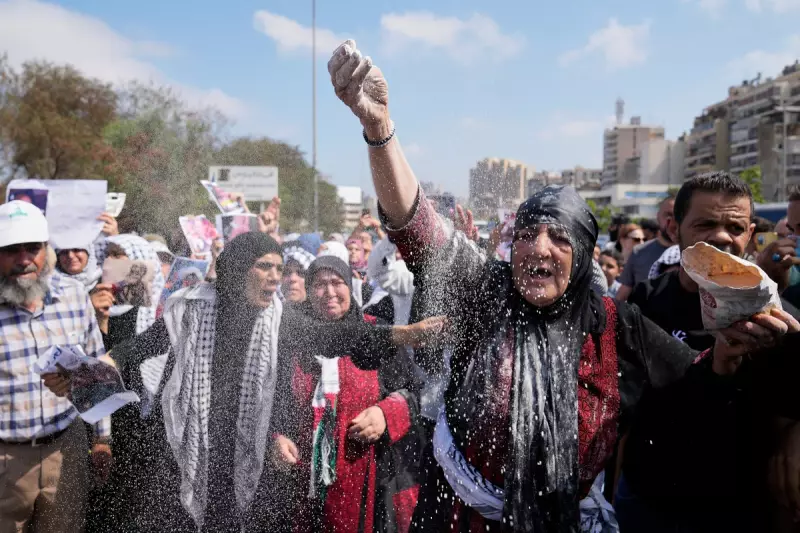
The ongoing crisis in Gaza has exposed deep fractures in Middle Eastern diplomacy, with Qatar, Egypt, and Saudi Arabia taking starkly different approaches to the conflict. As international pressure mounts, these regional powerhouses find themselves at odds over how to address the humanitarian catastrophe unfolding in Palestine.
The Diplomatic Chessboard
Qatar, long a mediator in regional conflicts, has positioned itself as a vocal advocate for Palestinian rights, leveraging its influence and financial resources to support Gaza. Meanwhile, Egypt—a traditional broker in Israeli-Palestinian negotiations—has taken a more cautious stance, balancing its historical role with domestic and geopolitical considerations.
Saudi Arabia's Calculated Silence
Saudi Arabia, the region's heavyweight, has remained notably reserved. Riyadh's reluctance to take a strong public stance reflects its delicate balancing act between maintaining ties with Western allies and addressing domestic and regional expectations.
The Stakes for Regional Stability
The diverging strategies of these nations highlight the broader struggle for influence in the Middle East. With each country vying for leadership in the Arab world, the Gaza crisis has become a litmus test for regional alliances and diplomatic credibility.
- Qatar's proactive diplomacy risks alienating other Gulf states.
- Egypt's border policies with Gaza remain a contentious issue.
- Saudi Arabia's silence could undermine its claims to regional leadership.
What Comes Next?
As the humanitarian situation in Gaza deteriorates, the pressure on these nations to find a unified approach will only intensify. Whether they can bridge their differences—or whether the crisis will deepen existing rifts—remains to be seen.





